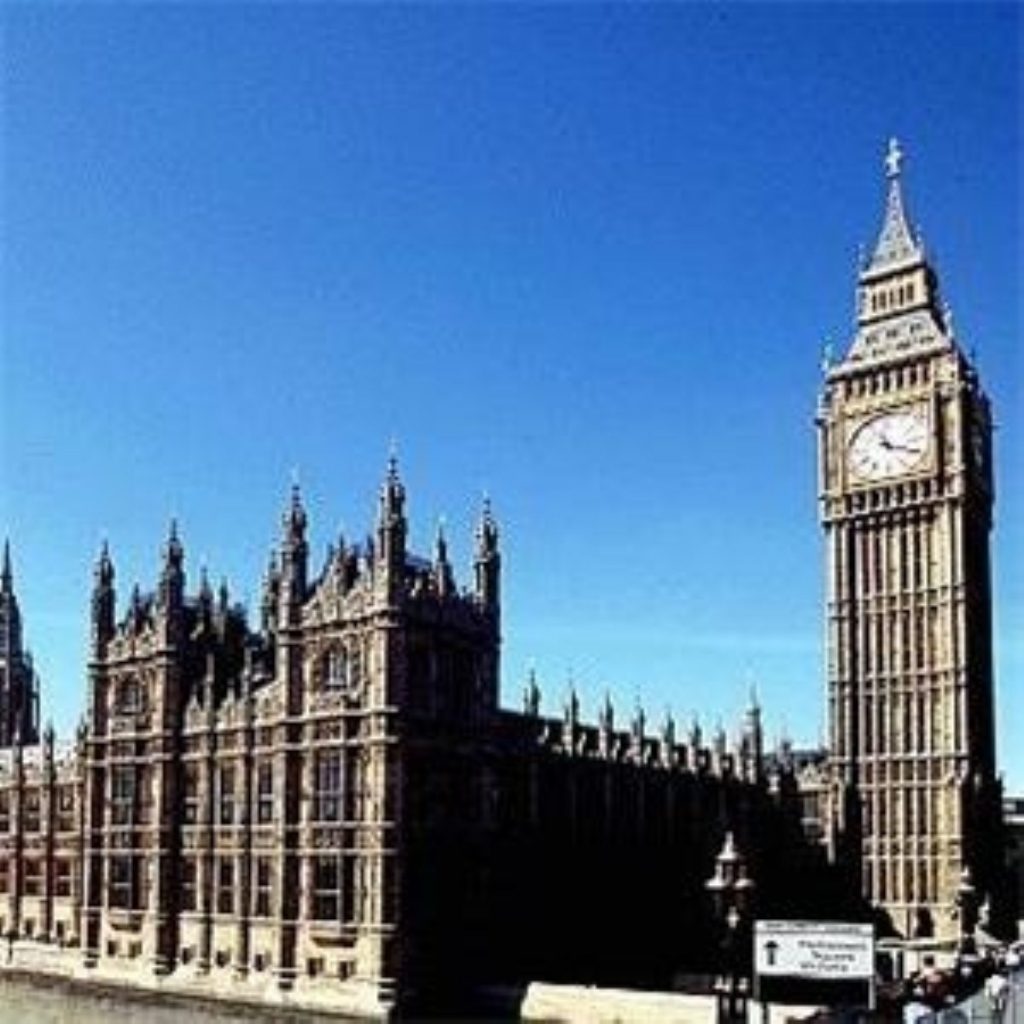MPs told to accept below-inflation pay rise
MPs have been urged to accept a staged pay review, reducing their annual pay rise to below inflation levels.
The senior salaries review body (SSRB) recommends MPs vote for a pay rise of 2.56 per cent, noting that they are underpaid compared to people in comparable positions in the private and public sector.
But the government wants MPs to accept a staged pay rise, which will reduce its value to 1.9 per cent.
This would bring MPs’ pay rises in line with police and other public servants, who have been threatening strike action over below-inflation pay awards.


The prime minister has insisted austere pay rises are necessary to maintain inflation and Harriet Harman yesterday told MPs the same principles should apply to them.
If approved on January 24th, the pay award would increase MPs’ salaries from £60,277 to £61,820.
Leaders from all main parties are backing the government’s proposals for a staged pay rise, but backbenchers could rebel and demand the full 2.56 per cent pay rise recommended by the SSRB.
Matthew Elliott, chief executive of the TaxPayers’ Alliance, said it would be “completely inappropriate” for MPs to approve a 2.56 per cent pay rise.
“In these rocky economic times we all have to tighten our belts and MPs should lead by example,” he said.
In a bid to persuade MPs it was revealed yesterday that Gordon Brown has agreed to forego a grace and favour pension.
Rather than collect an estimated £64,000 when leaving office, the prime minister will draw a standard pension based on his contributions and salary when he reaches 65.
The government has also rejected the SSRB’s recommendations that Cabinet members should be paid “quite far ahead of MPs,” Ms Harman confirmed.
The SSRB report, published yesterday, also calls for an additional £10,000 allowance for MPs, allowing them to employ more staff.
With MPs pay rises subject to annual criticism, the government wants to end the practice of MPs voting for their own salaries.
Mr Harman has said the government will instead investigate appointing an independent body to set pay.
She told the BBC: “I think for years MPs have felt uncomfortable about this. It’s absolutely ridiculous. We don’t like doing it. I think the public find it objectionable and I think it’s time we stopped it.”

